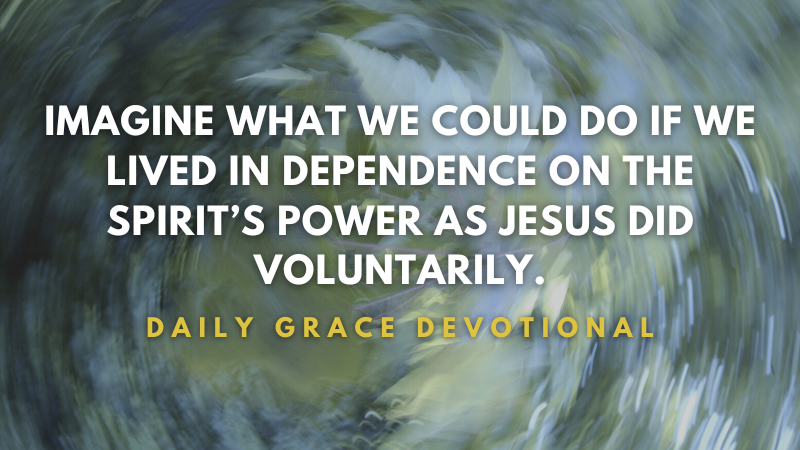The concept of the Holy Spirit is often viewed through various theological lenses, each offering its distinctive interpretation. In the Bahá’í Faith, the Holy Spirit occupies a pivotal role in understanding divine guidance and inspiration. Yet, what does it mean to embrace the notion of the Holy Spirit within this context? Might it not pose a delightful yet formidable challenge to delineate its significance, especially when contrasted with other religious perspectives? In seeking to explore this topic, we delve into the intricate teachings of Bahá’u’lláh, the founder of the Bahá’í Faith, to uncover the profound nature of the Holy Spirit as articulated in this tradition.
To embark on this exploration, it is essential to comprehend the foundational beliefs surrounding the Holy Spirit in Bahá’í theology. In essence, the Holy Spirit is viewed as the intermediary through which divine knowledge and wisdom are imparted to humanity. It is the source of inspiration that elevates human consciousness and enables individuals to pursue truth. Unlike traditional interpretations that may define the Holy Spirit as a distinct entity, the Bahá’í understanding encompasses this concept as an active force, integral to the human experience.
In Bahá’í belief, the Holy Spirit is synonymous with the “Divine Bounty,” representing an abundance of spiritual gifts bestowed upon humanity. Central to this teaching is the assertion that the Holy Spirit is not limited to a singular manifestation; rather, it is ever-present, operating throughout history via the Manifestations of God. These Manifestations—figures such as Jesus Christ, Muhammad, and Bahá’u’lláh himself—are regarded as channels through which the Holy Spirit flows, guiding humanity towards spiritual maturity.
An intriguing question arises from this understanding: How can individuals today attune themselves to the workings of the Holy Spirit in their daily lives? This challenge recognizes that while acknowledging the existence of a higher force is critical, actively engaging with it poses a more intricate endeavor. In seeking this engagement, one may ponder the practical steps necessary to invite the influence of the Holy Spirit into their own existence.
One pragmatic recommendation is the cultivation of an atmosphere conducive to spiritual reflection. This involves the deliberate practice of prayer and meditation, which not only fosters connection with the divine but also invites the Holy Spirit’s guidance. Bahá’í prayers often emphasize the importance of humility and openness—qualities that allow individuals to become receptive to divine inspiration.
Furthermore, the role of community cannot be understated in this quest for spiritual attunement. The Bahá’í Faith teaches that collective edification contributes significantly to individual development. Participating in community activities, engaging in service projects, and sharing in discussions about spiritual and ethical issues can facilitate a shared consciousness wherein the Holy Spirit is acknowledged and embraced. Through collaboration and mutual support, individuals not only inspire one another but also invite the presence of the Holy Spirit into their collective endeavors.
Yet, what happens when the quest for the Holy Spirit encounters the vicissitudes of daily life? The potential for disillusionment looms large as individuals grapple with the harsh realities of existence. The teachings of Bahá’u’lláh provide resilience in the face of such challenges. He posits that trials serve a transformative purpose, often acting as catalysts for spiritual growth. In this perspective, the Holy Spirit provides not just comfort, but also the strength and wisdom necessary for individuals to navigate life’s complexities.
The notion of divine assistance through the Holy Spirit is further elaborated upon in the writings of Bahá’í authorities. One profound concept is that the Holy Spirit is described as a “fountain of life” that bestows vitality not solely upon individuals but also upon societies. This vicegerent of God permeates cultural and social transformations, facilitating the emergence of a new world order based on unity and justice. Acknowledging this expansive role invites an examination of how the Holy Spirit functions within broader social contexts, influencing not only personal spirituality but also collective movements towards justice and peace.
Moreover, within the Bahá’í framework, there is a significant emphasis on the concept of progressive revelation. The Holy Spirit is viewed as a continuous source of guidance as humanity evolves. With each Manifestation of God, new teachings are revealed to meet the changing needs of society. The Holy Spirit, therefore, is not static; it is a dynamic force that compels humanity to adapt and grow. This presents an intriguing conundrum: How can followers of the Bahá’í Faith balance their reverence for past revelations with the necessity of recognizing the new insights brought forth by current circumstances? The challenge lies in remaining attuned to the Holy Spirit’s voice amid the cacophony of modernity.
Lastly, it is crucial to consider the implications of the Holy Spirit as a source of empowerment. The Bahá’í teachings advocate for individual agency and responsibility. Embracing the Holy Spirit encourages individuals to actively partake in the betterment of society. This empowerment manifests in acts of service, advocacy for social justice, and a commitment to universal peace. Thus, the Holy Spirit is not merely an abstract concept but rather an igniting force propelling individuals to effect tangible change in the world.
In conclusion, the power of the Holy Spirit, from a Bahá’í perspective, is multifaceted and profound. It serves as a wellspring of inspiration, guiding individual and collective journeys towards spiritual enlightenment. The challenge lies in fully realizing this power, actively engaging with it in daily life, and allowing it to shape our actions and interactions. By fostering an environment of reflection, community engagement, and active service, individuals can embrace the transformative influence of the Holy Spirit, paving the way for a more just and unified world.
